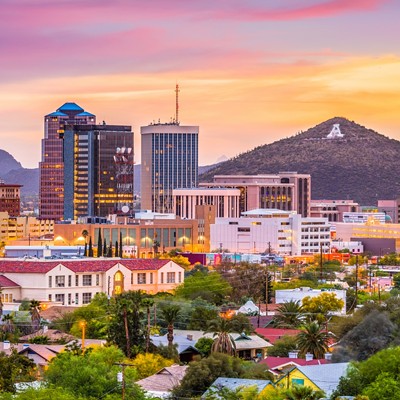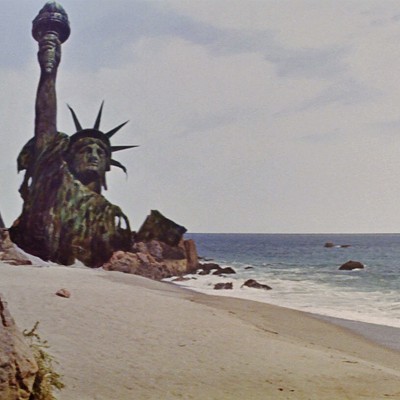The vaquita--a porpoise native to Mexico--is currently the most critically endangered marine mammal. The estimated population is around 150. Considered shy because it avoids boats and humans, the vaquita is found only in the northern part of the Gulf of California.
Promoting vaquita preservation is one of the many projects on the agenda for CEDO, the Intercultural Center for the Study of Deserts and Oceans.
"CEDO is a binational organization whose main focus is promoting conservation and the sustainable use of resources in the northern Gulf of California," says executive director Peggy Turk Boyer.
CEDO has a facility in Puerto Peñasco with a field station, a public-education center, exhibits and a research lab. Lectures and eco adventures are offered to the public. CEDO communicates various conservation efforts, promotes sustainable activities and legally intervenes in environmentally threatened areas.
Boyer says the vaquita is threatened because they get caught in fishing nets and drown.
"Gillnets are nets that are laid out in the ocean. ... They have been found by fisherman to be the best gear for the northern gulf. The currents are really strong, and other gear doesn't work as well."
While this sounds daunting for the fate of the vaquita, Boyer says the Mexican government is racing to save the animal.
"(The government) really responded. They've been working toward (preservation) since the vaquita was discovered. There was a rediscovery in the early '80s. It was pretty clear it was dying in fisheries.
"The first real effort to protect the vaquita was in 1993, when the government established a biosphere reserve designed for conservation and sustainable activities. ... In 2005, the government set up a new refuge for the vaquita (around Rocas Consag Island off the coast of San Felipe, Baja, California). There's no fishing allowed in that area."
But, as Boyer explains, the real threat comes from the gillnets used by fishermen. The Mexican government has devised its own bailout plan for fishermen to reduce the use of gillnets. Imagine: a bailout that helps small-business owners as opposed to huge corporations.
"Our best estimate is that we have 800 fishermen in the three communities of the upper gulf that use gillnets for shrimp and other fisheries. ... Starting in 2007, more than 200 fishermen have been bought out of fishing altogether. By turning in their permits, they were offered grants to begin new businesses; 70 percent are tourist-related..."
Boyer says CEDO plans to list these businesses on their Web site (cedointercultural.org) in the first quarter of 2009. Beyond the fishermen who took the bailout, there are others who have been given a temporary buyout for a year while alternative fishing gear is tested.
"Before the government can approve new fishing equipment, it has to be tested, and then fishermen have to buy into it. Both are going on now. ... The goal is to try to have new gear approved for use when the shrimp season opens in September."
Boyer says the United States government is also helping to save the vaquita by offering research from the National Oceanic and Atmospheric Administration. And both the U.S. and Canadian governments have joined with Mexico in the Commission for Environmental Cooperation, where all three countries work to protect the North American environment.
Boyer says we as individuals can help the vaquita and our Mexican neighbors, too.
"The Tucson tourist can pay attention to how their shrimp is caught and be willing to pay for the conservation of the vaquita, and support sustainably caught (seafood). Pay attention to how your seafood in general is caught. ... There is a role for us as visitors to Mexico to support sustainable livelihoods."
For a smallish, shy animal, the vaquita is making a big splash and opening eyes at the same time.
"Our coastal environments are really being devastated by humans. We need to figure out how to live in harmony with other creatures in the marine environment for our oceans to survive. The vaquita is really a banner species for all of that."






